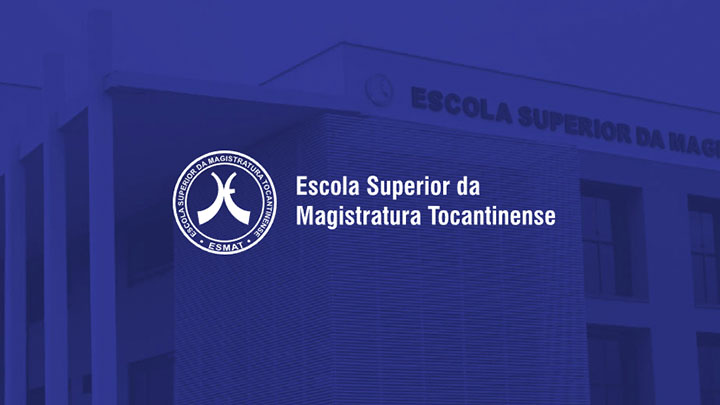The Professional and Interdisciplinary Master’s in Judicial Provision and Human Rights (PPGPJDH) is held by the Federal University of the State of Tocantins (UFT), in partnership with the Court of Justice of the State of Tocantins (TJTO), through the Superior School of the Judges of the State of Tocantins (ESMAT).
Initially (2011) the proposal of the Master’s in Judicial Provision and Human Rights was presented, idealized jointly between two educational institutions of the State, the Federal University of the State of Tocantins (UFT) and the Superior School of the Judges of the State of Tocantins (ESMAT), one federal and the other state. One works with professional courses (corporate institution) and the other with formal education courses (University). They have been working together even before the actual creation of the UFT.
The course was a demand from the Court of Justice of the State of Tocantins, which reorganized its professional training schools, merging them under the Superior School of the Judges of the State of Tocantins (ESMAT). To help make the proposal viable, cooperation was signed between the UFT and ESMAT, with support from the São Paulo School of the Judges, which, in a first moment, made available professors with degrees who integrated the course as collaborators, contributing to the strengthening of the teaching staff. The course had financial support from Esmat to support the research, acquisition of bibliography, among others.
Thus, the partnership between the academic and the professional worlds was strengthened, in order to provide professional improvement in the field of Jurisdiction, bringing to this formation studies and research on Human Rights. Soon, the two institutions worked towards the approval of the Master’s in Judicial Provision and Human Rights (PPGPJDH).
Therefore, so that the Judiciary could improve its judicial provision and get closer to the needs of society, it was important that the target audience of the program contemplated, besides the professionals of the Court, other members of the Justice System, such as: State Prosecution, Public Defender's Office, Civil Police Deputies, Federal Police, Control Organs (State Audit Court - TCE, General Controller of the State - CGE and of the Union - CGU), Brazilian Bar Association - OAB, psychologists, social workers, educators, and also the Academy. Therefore, the students in the master's program come from diverse areas of knowledge, working in the field of judicial provision and human rights.
Today, UFT/ESMAT together offer the tenth class of the Master's degree, which began in 2013. Considering that justice is not exercised only by the Court of Justice and, for it to be realized, it was necessary the effective participation of other institutions that integrate the Justice System and especially the academy, appropriate locus for the unleashing of systematized and scientific knowledge. In these 10 years of existence, many challenges have been overcome.
During this period, the faculty has gained experience and maturity, which can be seen by the improvement in the production index. It is a stable faculty, with no significant changes over the 10 years.
Research is present and in the process of consolidation, which will be further improved with the future PhD, as it imposes a more robust investment in research. It has research groups registered at CNPq and research projects that seek alignment with the research lines.
It has a Strategic Planning that seeks to correct directions, strengthen the strengths, and combat the weaknesses of the program.
Its self-assessment periodically subsidizes planning.
The training of the students is recognized by the outstanding performance of the professionals in their institutions and by the credibility that the program has with the institutions that make up the local justice system.
We highlight the impact of the program on society, by means of social projects implemented, training and informative material of social reach, and changes in the processes and procedures in the institutions that make up the justice system.
Interdisciplinarity has been practiced in the disciplines, in the research projects, in the extension actions, and also in the training of the students.
Internationalization is occurring gradually throughout its existence, thanks to the coming of foreign guests from different academic institutions in Europe, the USA, the African Continent, and Latin America, and to the going of faculty members from the institution to these same countries on academic missions and to participate in events.
After 10 years, we have partners in various parts of the world, such as the National Independent University of Angola, New York Law School, University of Lisbon and Coimbra, besides UN organs, such as COPLAD/UN, among others.





